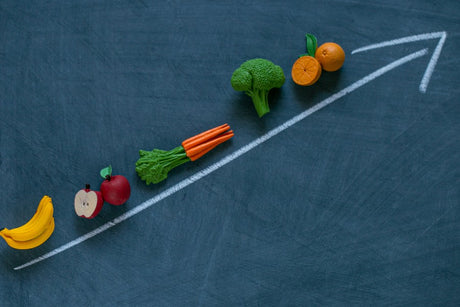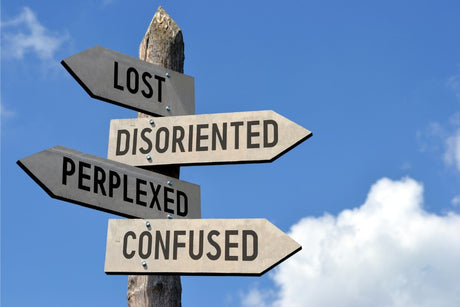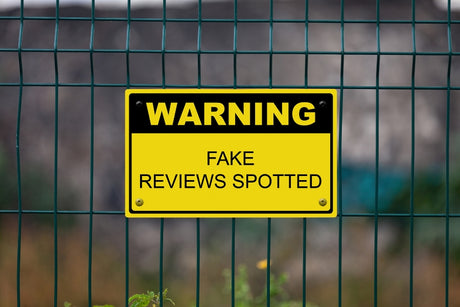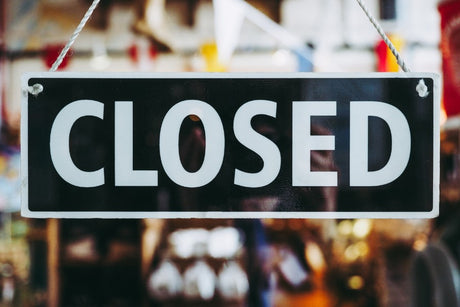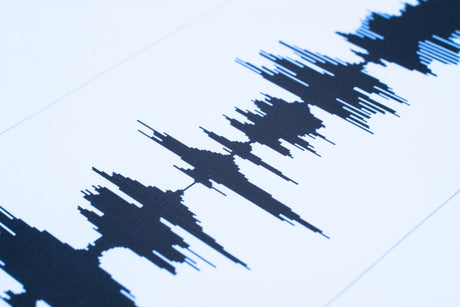How to store coffee
These questions frequently arise:
"How long does coffee last?", and
"Can coffee be stored in the fridge?"
The Enemies of Fresh Coffee
Oxygen, Heat, Light and Moisture - not necessarily in any order.
Containers used for coffee storage should be preferably non-absorbent, e.g. metal and ceramic are the best, followed by glass and only just a small number of plastics - many plastics in use today absorb the aromatics and volatile compounds.
Still, it's OK for a short time, e.g. say up to 2 weeks.
Containers should be air tight.
Allowing CO2 to exhaust is not so important (don't the fooled into paying exorbitant prices for special coffee containers).
The reason that coffee bags contain 1-way pressure-activated valves is to prevent the abnormal levels of CO2 from very fresh roasted coffee from expanding and exploding in the bag.
Peak gas exhaust occurs during the initial 48hrs after roasting.
Where to place the coffee storage container
Away from heat, light and changing temperatures.
We like the bottom of a pantry or a cupboard that is kept relatively constant in temperate; a cool area between 15 -25 degrees is best, particularly if you live north of Sydney.
For many of our customers living in warm climates, keeping your coffee beans in an esky is ideal.
Never place coffee in the fridge - fridges have all sorts of moist vapours and aromas transferred into coffee.
Taking a coffee container out of the refrigerator and placing it on the kitchen bench for a few minutes will cause small microbeads of moisture to develop on coffee - more so in ground coffee (100 times worse).
What about the Freezer?
In 2008, we ran tests over ten months with 10x 250g packs of coffee.
These packs were heat-sealed in the same way you receive your packs from coffee suppliers, and the packs were not opened - but placed fresh in the freezer within four days from the Roast Date.
Each month, we removed a pack from the freezer, allowed the pack to thaw over 16 hours and then opened it, poured it into a grinder and made espresso shots.
The bottom line is that we didn't enjoy the coffee - even Month 1 and 2 packs of coffee could have been nicer.
By the time we got to Month 6, it was not a task we were particularly enjoying. Yes, we could get crema from the espresso shots by setting the grinder quite fine, but the aromatics were almost gone, and the flavour was quite flat and generally lifeless.
Remember that we are used to super-fresh premium coffee, so anything else that has aged or had its cell structure altered by freezing will always be a struggle.
DO NOT freeze coffee - use it or give it away.
Zip-Lock Coffee Pouches
We often have customers asking us to pack coffee into zip-lock coffee bags.
Unfortunately, zip-lock coffee bags do not provide an effective barrier protection for roasted coffee.
The quality of the coffee will degrade faster in a zip-lock bag compared to an air-tight jar or tin.
First and foremost, the issue we are dealing with here is more than just a method to control oxygen exposure, as you would in many other food items.
Coffee is more complex, and it has far more volatile compounds compared to, say, biscuits, crackers or fruit.
Coffee bags contain three layers - inner and outer poly layers with an essential metal layer in the middle that performs critical barrier protection.
Without the metal layer, coffee would degrade very quickly.
Zip locks are made of plastic.
The type of plastic that enables a chemical process called effusion to occur.
The simple explanation is that compounds from coffee will "leach" through the open holes in plastic.
An example is trying to store fresh coffee in a plastic container.
The aroma quickly disappears because it is absorbed and passes through the plastic.
Zip locks also do not provide effective oxygen seals.
So, in summary - zip locks are prone to degrade coffee, and for this reason, we do not use this type of coffee bag.
Zip locks are only intended for short-term convenience - a couple of days.
How Long should we keep packs of coffee?
This a topic of furious debate amongst all coffee experts - and, of course, those who are not experts but have strong opinions.
Coffee should be used within 45 days of receiving the packs.
Ideally, this should be within 30 days.
Quite a few people out there spruiking that coffee is useless after 14 days - that bit of information is nonsense.
Most coffees we roast take around 7 - 14 days post-roast to develop properly.
I prefer the coffee when it's about Day 16.
The mycuppa production team keep control samples from every batch of coffee, and I regularly open up coffee that is 35 days old and can pull amazing shots with the beans.
We hope this information has been useful in providing guidelines that help you enjoy your coffee.



